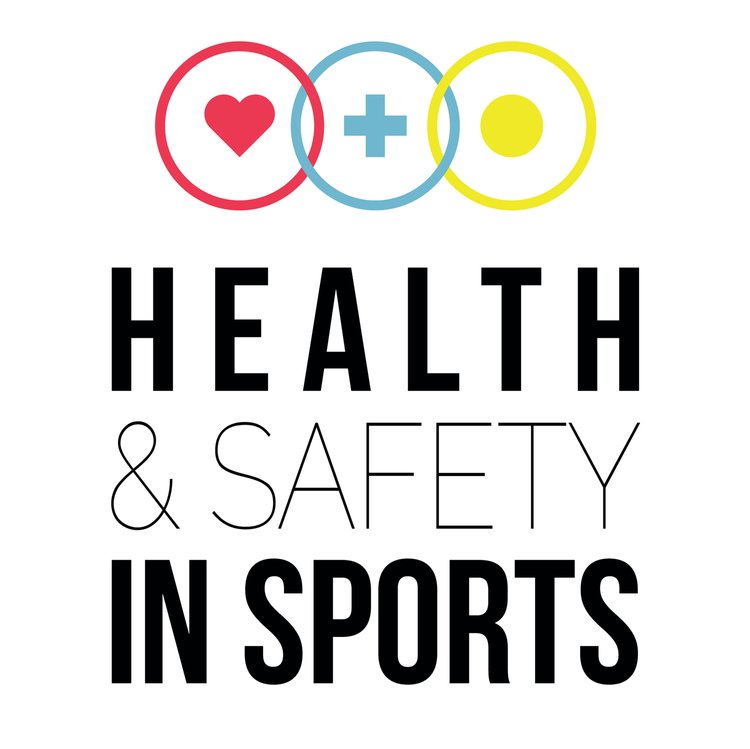We just got word that our “Tailored Injury Prevention in Adapted Sports” project has been awarded a 650k€ grant by the The Netherlands Organisation for Health Research and Development. Out of 51 project ideas, only 8 have been awarded a grant. We are proud to be among those selected.
BACKGROUND
Sports participation and a physically active lifestyle have been advocated for its health and social benefits and increased quality of life, both in able-bodied individuals and those with physical disabilities. Although sports participation lags behind in the latter group, it has increased over the past years. Sports injuries do pose problems for all athletes and impact society, but often go hand-in-hand with additional problems in individuals with a disability as injuries can impose upon an already restricted lifestyle. With the relevance of studies on injury surveillance and epidemiology for preventive efforts widely acknowledged, there is a limited number of these studies in disability sports. Injury prevention is relevant to enable long-time sports participation and continuation of activities of daily living. This may be even more important for athletes with a physical disability. The variability in disabilities, and their relationship with each individual athlete’s ability to participate in sports and injury risk, highlights the need for tailored preventive approaches. Such individual approaches are upcoming, enabled by current technologies for the prospective and continuous online monitoring of health and performance related measures in individuals.
The proposed study will
1) adapt an evidence based systematic preventive approach to disability sports;
2) implement and evaluate an online tailored approach aimed to increase preventive behaviours and reduce acute and overuse injuries in disability sports; and
3) evaluate end-users’ perspectives on the intervention.
Our previous research has shown the ability to automatically provide online preventive advice to individual able-bodied runners tailored to their reported health status (monitored over time using the OSTRC-questionnaire on health problems), and the effectiveness of this systematic approach to increase prevention adherence and prevent injuries. This approach is applicable to disabled athletes and fits the challenges prevention faces in these athletes. Given the specific injury risk and health problems in athletes with a disability, this approach needs first to be adapted to make it valid and feasible for this specific population.
DESIGN
The preventive approach will be adapted for disability sports. All preventive advice will be developed preceding the intervention start, built on the nature, incidence, prevalence and severity of sports injuries in disability sports, the evidence base of sports injury prevention, and experts’ opinion following the steps of the Knowledge Transfer Scheme. Due to the specific injury risk and health problems in disabled athletes, an expert group consisting of researchers, clinicians and end-users will review the OSTRC-questionnaire on health problems for use in this specific population. Any changes will be validated. This questionnaire will be used to collect data on injuries and illness in disabled athletes through a prospective cohort study.
A two-arm randomised controlled trial (RCT) will be used to evaluate the effectiveness of the injury prevention intervention over a 6-month period. Participants (n=210) will be randomly assigned to an intervention or control group stratified per sport. Patterns of injuries in individual athletes will be monitored online every two weeks using the OSTRC-questionnaire adapted for disability sports. All participants will receive general advice on injury prevention at baseline attuned to the injuries encountered in disability sports. In addition, the intervention group will receive online preventive advice tailored to their reported health status during the intervention period. The RCT will be combined with a process evaluation (a cross-sectional study) to acquire end-users’ feedback on using the system, and identify conditions for effective use and implementation of the preventive approach in the daily practice of disability sports.
OUTCOME MEASURES
Primary outcome measures will be adherence to the preventive advice, and injury incidence. Secondary outcome measures will include the severity of injuries (i.e. impact on sports participation and daily activities), and barriers and facilitating factors for using the preventive approach.
KNOWLEDGE TRANSFER AND IMPLEMENTATION
The study will be done in the field of practice and in close collaboration with scientific experts and relevant stakeholders (including sports organisations, trainers, athletes, (para-)medical professionals) to ensure an outcome that corresponds to their needs. Results will be widely communicated and implemented. This study may serve as an entry for other disability sports and the larger public of individuals with a physical disability.
